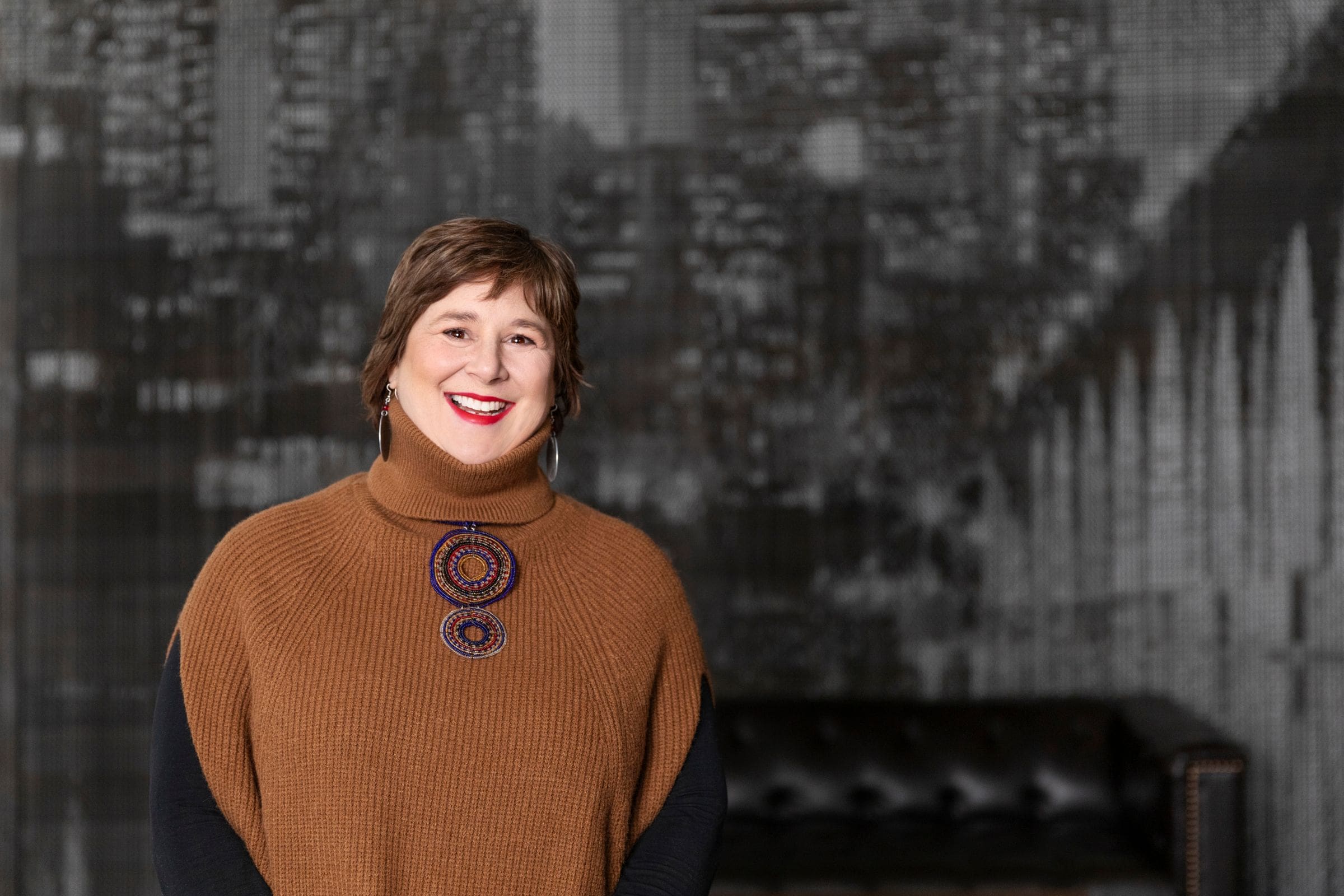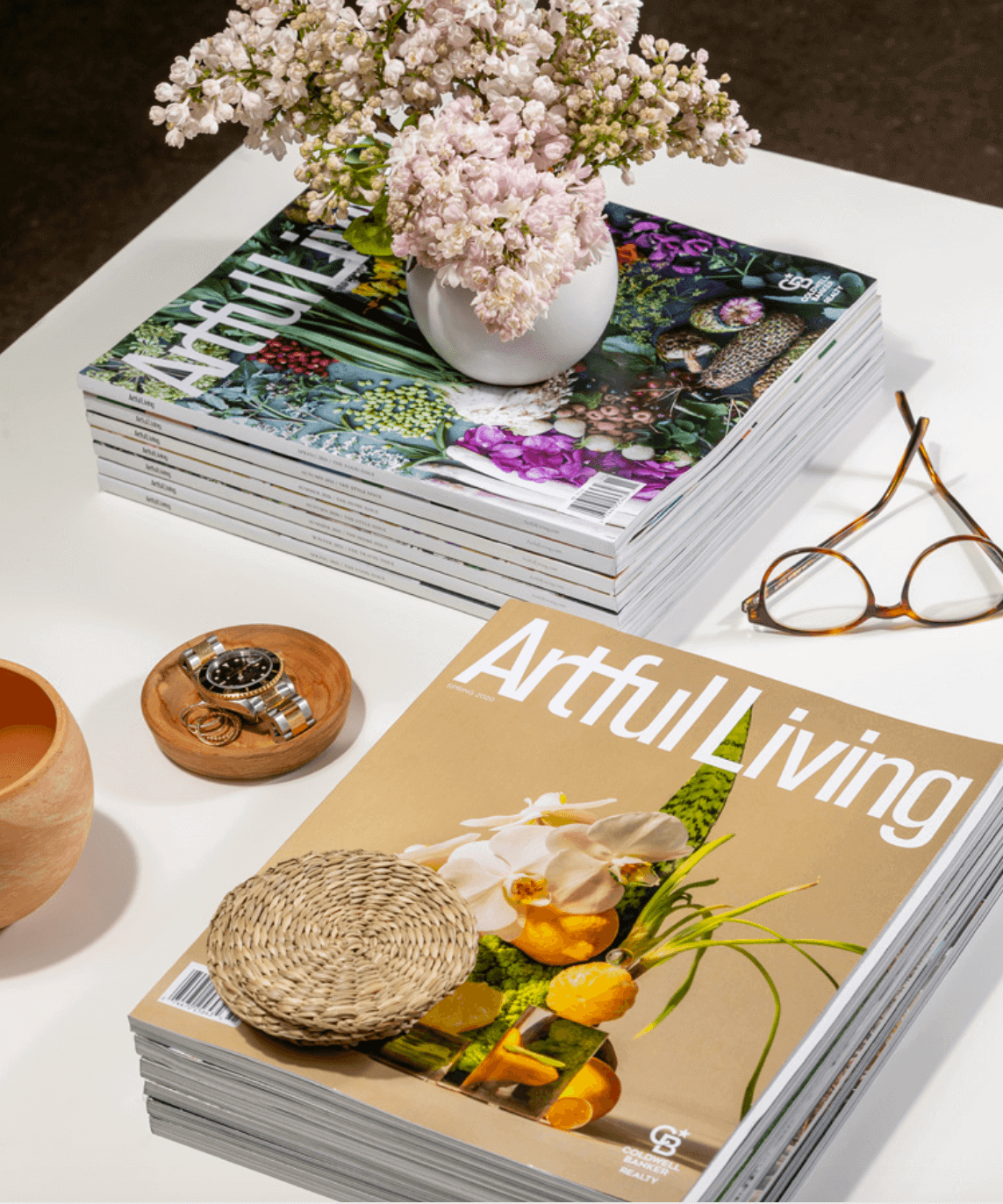Alexandra Spieldoch
Bountifield International CEO Alexandra Spieldoch has a vision, and she can see all the pieces dropping into place. The goal is not a small one: to contribute to Africa’s ability to “feed herself and the world.” Currently, sub-Saharan Africa relies on nearly $40 billion in food imports, a number projected to surpass $100 billion by 2025.
“You can see the risk involved in that, in terms of the magnitude and the kinds of shocks we’re seeing in the global economy,” she explains. “A lot of the investment that goes into developing countries, including African ones, tends to be large-scale, multimillion-dollar initiatives — but they’re often not fit to purpose because they misunderstand the problem. Our solution gets between the cracks.”
This solution is, essentially, making it easier for people to process, save and sell more food with the help of small-scale investments — $500 to $5,000 — in farming equipment. In other words, empowering farmers with access to tools and services they need after harvesting nutritious, drought-resistant crops like peanuts, sorghum and pearl millet. This not only saves time and energy, it also reduces food loss while increasing output. Ultimately, it helps establish a more resilient food system and sets up African nations such as Kenya, Malawi and Senegal for food independence and security.
You don’t have to take Spieldoch’s word for it. According to a 2021 study, every dollar invested in Bountifield generates $6.42. But the return is not measured in dollars alone: Families and communities see improved well-being, increased nutrition, higher incomes and greater economic opportunity — especially among women, who do the majority of the work at a subsistence level, and youth, who need incentive to remain in rural areas currently experiencing an estimated 60% unemployment rate.
Spieldoch puts not only her considerable international policy expertise into her work, but also her heart: “I’m 175% passionate about the role I can play in being transformative,” she declares. “I see this work as part of a movement. I’m invested in agency and it taking off for the people we’re trying to serve. Access is a justice issue here, and it’s a justice issue abroad. We’re all trying to stabilize and get to a better future. I want to get to that.”



